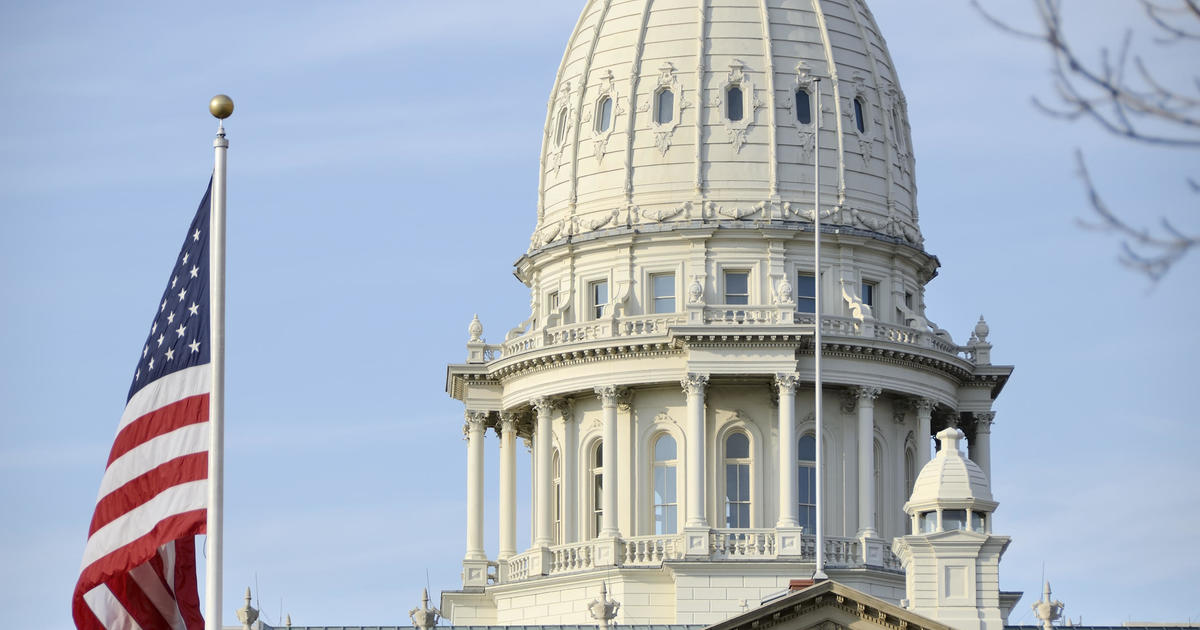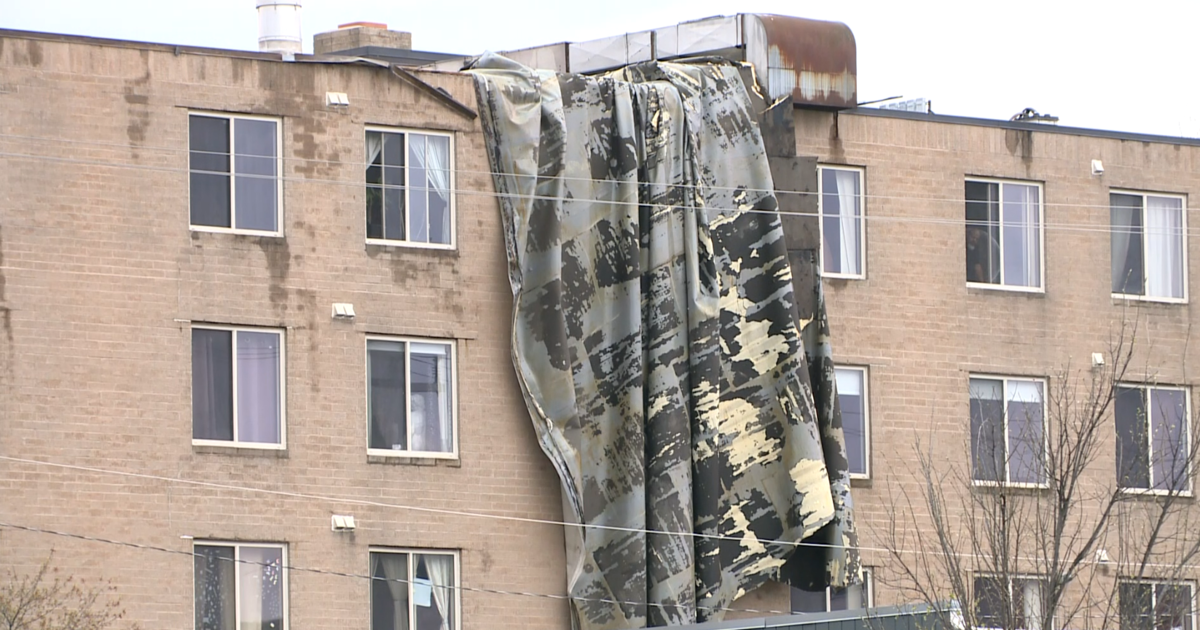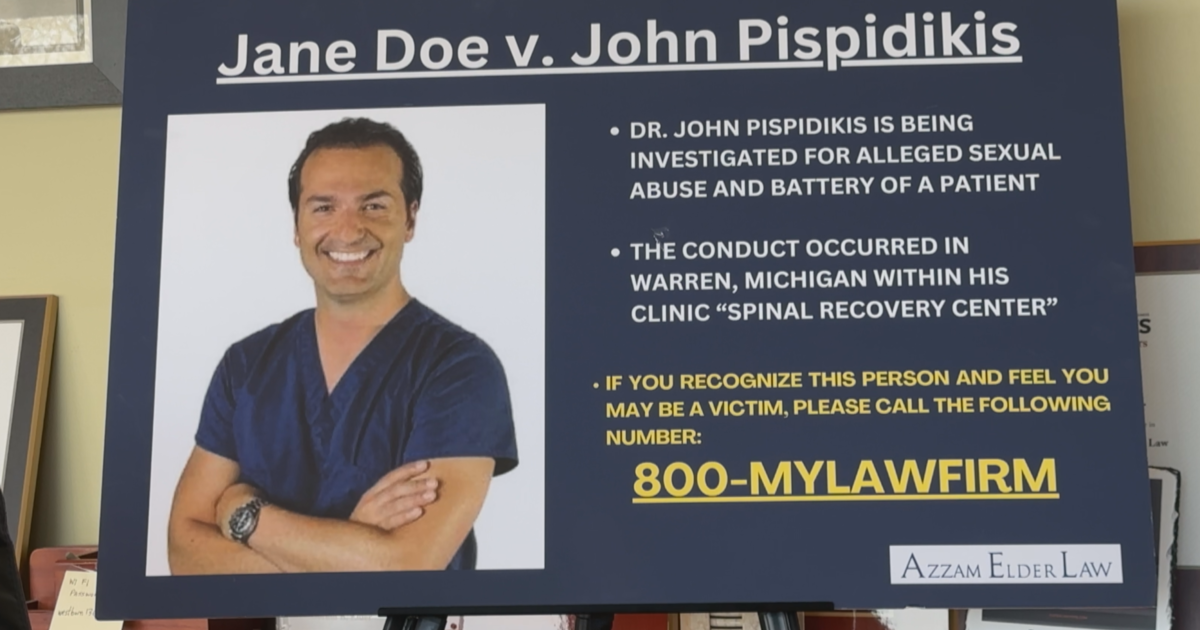Government: No Electronic Flaws In Toyotas
By Jeff Gilbert
WWJ AutoBeat Reporter
WASHINGTON (WWJ/AP) – The federal government agrees with Toyota. It's electronic systems are safe. "The jury is back," said U.S. transportation Secretary Ray LaHood. "The verdict is in. There is no electronic based cause for unintended high speed acceleration in Toyota's."
During the ten month investigation, engineers for NASA bombarded cars with radiation, took apart vehicles that had experienced unintended acceleration, and looked through 280 thousand lines of software code.
"Toyota's problems were mechanical, not electrical," said LaHood, saying that all cases of unintended acceleration were caused by sticking accelerator pedals, and pedals that became trapped under floor mats. Those are issues that Toyota has dealt with as part of the recall of more than 12 million vehicles.
Toyota has claimed all along that there were no problems with the electronics on their vehicles. They feel vindicated by this report.
"Toyota welcomes the findings of NASA and NHTSA regarding our Electronic Throttle Control System with intelligence (ETCS-i) and we appreciate the thoroughness of their review," said Toyota's Chief Quality Officer Steve St. Angelo, in a statement. "We believe this rigorous scientific analysis by some of America's foremost engineers should further reinforce confidence in the safety of Toyota and Lexus vehicles. We hope this important study will help put to rest unsupported speculation about Toyota's ETCS-i, which is well-designed and well-tested to ensure that a real world, un-commanded acceleration of the vehicle cannot occur."
Toyota paid the U.S. government a record $48.8 million in fines for its handling of three recalls. The company has said it has not found any flaws in its electronic throttle control systems and said the previously announced recalls have addressed the safety concerns.
The decision will likely come as a relief to other automakers, who have electronic systems similar to Toyota's.
"The whole industry is breathing a sigh of relief," said Dave Sullivan, an analyst with AutoPacific. "What could have happened is it could have opened a big can of worms, put a lot of people under the microscope."
Despite its findings, LaHood said the National Highway Traffic Safety Administration was considering new regulations to improve safety. They include requiring brake override systems on all vehicles, standardizing keyless ignition systems and requiring event data recorders, or vehicle black boxes, on all new vehicles.
Transportation officials said they would also consider conducting more research on electronic control systems and review the placement and design of accelerator and brake pedals.
In Tokyo on Tuesday, Toyota reported a 39 percent slide in quarterly profit but raised its full-year forecasts for earnings and car sales. It is a mixed picture for the automaker, which is enjoying booming sales in high-growth markets in Asia, Africa and South America, while facing lingering worries about quality lapses in the U.S.
In addition to the recalls, Toyota began installing brake override systems on new vehicles. The systems automatically cut the throttle when the brake and gas pedals are applied at the same time. The company also created engineering teams to examine vehicles that are the subject of consumer complaints and appointed a chief quality officer for North America amid complaints its U.S. division did not play a large enough role in making safety decisions.
Consumer advocates and safety groups raised concerns that flawed electronics could be causing unwanted acceleration in the Toyotas. They have questioned the reliability of the event data recorders studied by the government, saying they could be faulty or fail to tell the whole story of the individual crashes.
Toyota's safety issues received broad attention from the government after four people were killed in a high-speed crash involving a Lexus near San Diego in August 2009.
NHTSA has received about 3,000 reports of sudden acceleration incidents involving Toyota vehicles during the past decade, including allegations of 93 deaths. NHTSA, however, has confirmed just five of them.
AutoPacific's Dave Sullivan says the decision will help Toyota as it tries to improve its reputation, but it won't repair all of the damage.
"The past few have been pretty much a large corporations worst nightmare," he said. "This is just the first step in the recovery and the healing for Toyota."
Congress considered sweeping safety legislation last year that would have required brake override systems, raised penalties on auto companies that evade safety recalls and given the government the power to quickly recall vehicles. But the bills failed to win enough support, and it remains unclear if Congress will pursue similar legislation before the 2012 elections.
The National Academy of Sciences is conducting a separate study of unintended acceleration in cars and trucks across the auto industry. The panel is expected to release its findings this fall.
The Associated Press contributed to this story.



